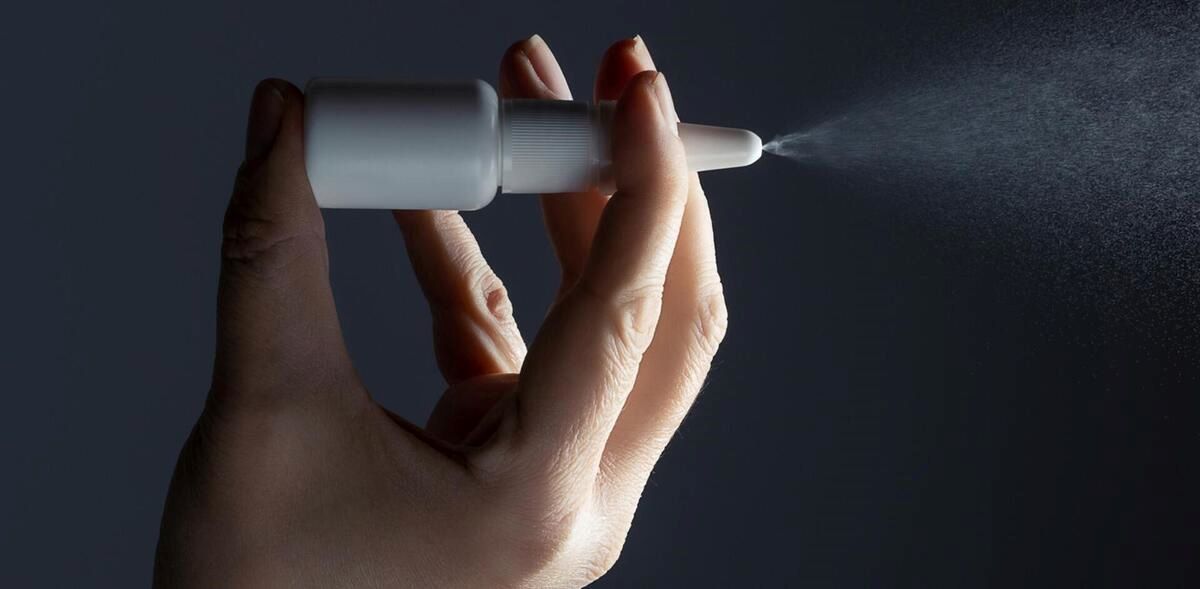
Polyglutamic acid might sound like a mouthful, but it's a game-changer in skincare. Ever wondered why your skin feels dry even after slathering on moisturizer? This ingredient could be the answer. Derived from fermented soybeans, polyglutamic acid is a humectant, meaning it attracts and retains moisture. But what makes it special? It can hold up to 5,000 times its weight in water, making it more effective than hyaluronic acid. Imagine your skin feeling plump, hydrated, and smooth all day long. Intrigued? Let's dive into 21 fascinating facts about this skincare superstar and discover how it can transform your routine.
What is Polyglutamic Acid?
Polyglutamic acid (PGA) is a biopolymer made from the amino acid glutamic acid. It's gaining popularity in skincare and other industries due to its unique properties. Let's dive into some fascinating facts about this versatile compound.
-
Polyglutamic acid is a naturally occurring substance found in fermented soybeans, known as natto in Japan.
-
PGA can hold up to 5,000 times its weight in water, making it an excellent hydrating agent.
-
Unlike hyaluronic acid, which is also known for its hydrating properties, PGA forms a film on the skin's surface, providing longer-lasting moisture.
Benefits of Polyglutamic Acid in Skincare
PGA is becoming a popular ingredient in skincare products due to its numerous benefits. Here are some key advantages:
-
It helps to reduce the appearance of fine lines and wrinkles by plumping the skin.
-
PGA enhances the skin's natural moisturizing factors, improving overall hydration.
-
It can boost the effectiveness of other skincare ingredients by increasing their absorption.
-
PGA has antioxidant properties, which help protect the skin from environmental damage.
Polyglutamic Acid in Medicine
Beyond skincare, PGA has promising applications in the medical field. Here are some notable uses:
-
It is used in drug delivery systems to improve the stability and effectiveness of medications.
-
PGA can be used as a biodegradable surgical suture material, reducing the need for removal after healing.
-
Researchers are exploring its potential in tissue engineering for regenerating damaged tissues.
Environmental Impact of Polyglutamic Acid
PGA is not only beneficial for humans but also has a positive impact on the environment. Here are some eco-friendly aspects:
-
It is biodegradable, breaking down into harmless substances that do not pollute the environment.
-
PGA can be produced from renewable resources, reducing reliance on fossil fuels.
-
Its production process generates fewer greenhouse gases compared to synthetic polymers.
Polyglutamic Acid in Food Industry
PGA is also making waves in the food industry. Here are some interesting facts about its culinary uses:
-
It is used as a thickening agent in various food products, improving texture and consistency.
-
PGA can enhance the flavor of foods by acting as a natural flavor enhancer.
-
It helps to extend the shelf life of perishable foods by retaining moisture.
Polyglutamic Acid in Agriculture
Farmers are finding innovative ways to use PGA to improve crop yields and soil health. Here are some agricultural benefits:
-
It can be used as a soil conditioner, improving water retention and nutrient availability.
-
PGA helps to reduce soil erosion by binding soil particles together.
-
It can enhance the effectiveness of fertilizers, reducing the need for chemical inputs.
Future Prospects of Polyglutamic Acid
The potential applications of PGA are vast and continue to grow. Here are some exciting future prospects:
-
Researchers are exploring its use in biodegradable plastics, offering a sustainable alternative to traditional plastics.
-
PGA could play a role in developing new materials for 3D printing, expanding the possibilities for manufacturing and design.
The Final Word on Polyglutamic Acid
Polyglutamic acid, or PGA, offers impressive benefits for skin hydration and anti-aging. This naturally occurring biopolymer, derived from fermented soybeans, can hold up to 5,000 times its weight in water. That makes it a powerhouse for keeping skin plump and moisturized. PGA also helps improve skin elasticity, reduces the appearance of fine lines, and enhances the skin barrier function. It's gentle enough for all skin types, including sensitive skin. When choosing skincare products, look for those containing polyglutamic acid to maximize hydration and youthful glow. Remember, consistency is key. Regular use will yield the best results. So, if you're looking to boost your skincare routine, consider adding products with PGA. Your skin will thank you.
Was this page helpful?
Our commitment to delivering trustworthy and engaging content is at the heart of what we do. Each fact on our site is contributed by real users like you, bringing a wealth of diverse insights and information. To ensure the highest standards of accuracy and reliability, our dedicated editors meticulously review each submission. This process guarantees that the facts we share are not only fascinating but also credible. Trust in our commitment to quality and authenticity as you explore and learn with us.


